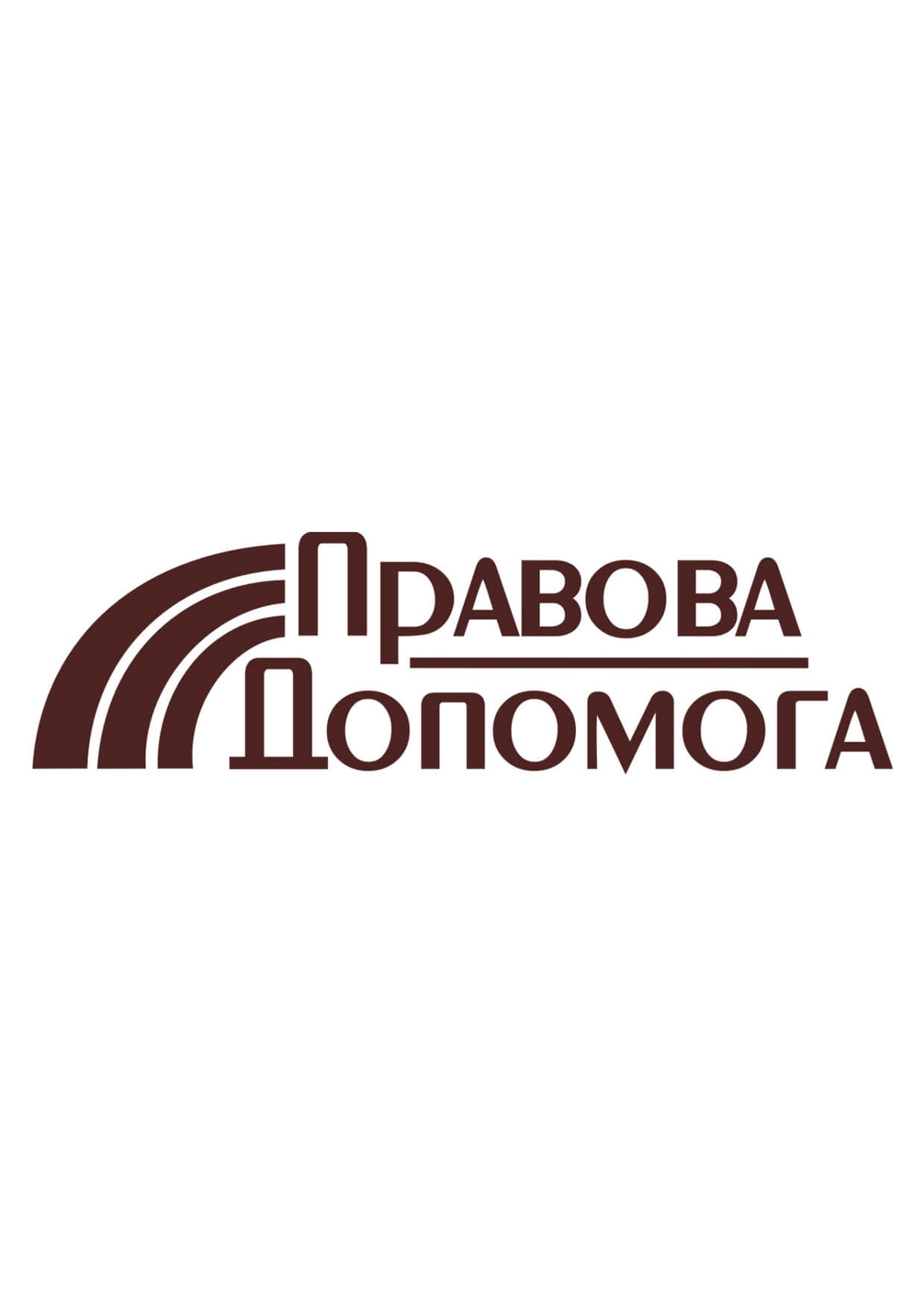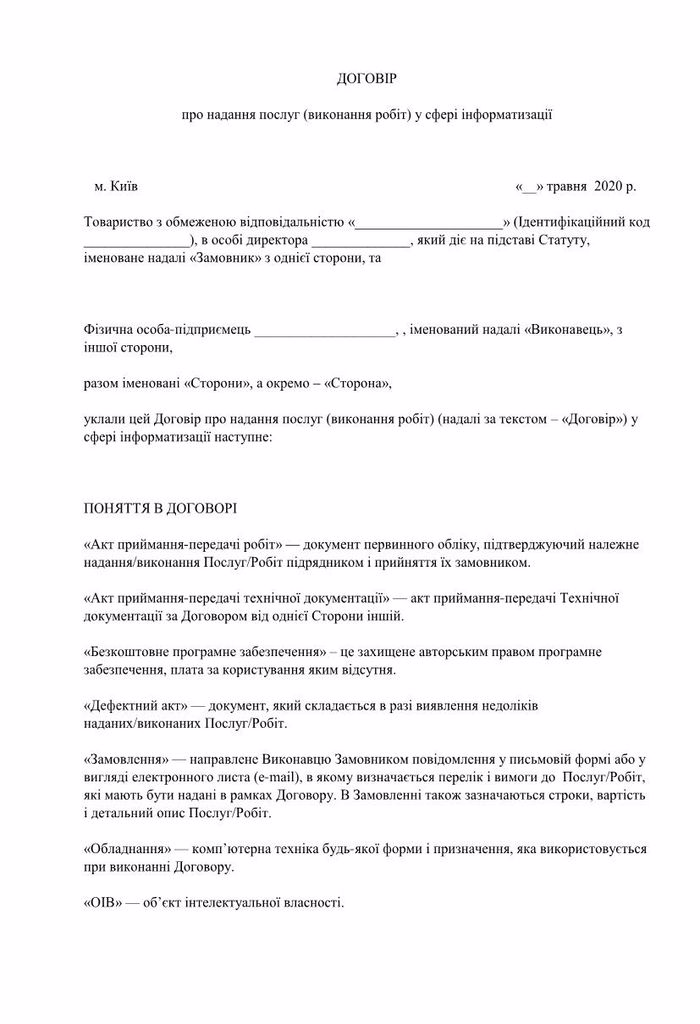What tax scheme to choose for an IT company?

Recently, the topic of taxation of IT business has been actively discussed, and was widely covered both in the media and in the expert environment. The reason for such interest was the draft law introduced to the Parliament, which implied, subject to certain rather strict conditions, a significant reduction of direct taxes and single social security taxes rates for individuals working in the IT sphere.
On August 21, 2020, this draft law was revoked, but we will analyze the reasons that prompted its authors to write the draft law, as well as elaborate on the taxation in the IT sphere in general. This article may be of interest to both entrepreneurs working in the IT sphere and hired workers.
You may also like: Tax Optimization For IT Companies
Main models of activity in the IT sphere and the problems connected with them
The norms of tax legislation of Ukraine provides IT subjects with quite good opportunities for legal optimization of their tax payments, despite the numerous restrictions set by the Tax Code.
Currently, the IT sphere comprises two main models of activity, or schemes, as they are called by the tax authorities:
Scheme 1: A company registers its hired employee as an individual entrepreneur of the third tax group paying a single tax, and works with such an entrepreneur under economic rather than employment contracts. This allows the company to reduce tax payments on income from individuals from 18% to 5%.
Scheme 2: A company enters into agreements with individuals operating under the simplified taxation system or with non-residents from jurisdictions that have lower direct tax rates. Such a company pays royalties to its counterparties (payment for the use of the intellectual property object) under these agreements, thus optimizing its income tax payments.
The simplicity of these schemes significantly reduces the opportunities for tax authorities to charge additional taxes and penalties. Nevertheless, such opportunities exist and they are quite obvious. So what can the tax authorities do?
We often face such scenarios:
- The tax authorities recognize the relationship between the company and the sole proprietor not as an economic relationship, but as an employment relationship, and on this basis, they charge tax on personal income;
- In other case, payment of the company to its counterparties is not recognized as royalty, and additional VAT liabilities are accrued;
- With regard to agreements with non-residents, the price of the agreement may be recognized as such that does not comply with the arm’s-length principle, and as a result income tax liabilities are additionally accrued.
In order to protect yourself against additional taxation on such grounds, companies must first of all pay more attention to the subject matter of the agreement. That is, the interpretation of the subject matter must be unambiguous even for the tax authorities.
You may also like: Royalty Or Intangible Asset: How To Protect Yourself From Additional Tax Accruals?
Analysis of the main provisions of the draft law offering tax benefits to IT entities
As mentioned above, on August 21 this year, a draft law, which provided for the possibility for businesses operating in the IT sector to reduce direct tax and single social security taxes rates under certain conditions, was revoked from the Parliament.
Let’s take a short walk through its most interesting provisions and creation goals.
A special tax regime was established for business entities operating in the IT sector, which would allow applying the income tax rate at 9% and the personal income tax rate at 5%. At the same time, companies would have the right, not the obligation, to switch to such a regime. In other words, nothing would change for the companies that were not going to switch to the special taxation scheme of the IT industry.
IT companies, which nevertheless intended to use the preferential taxation scheme, had to register as an IT entity and meet certain requirements. For example, to use the 5% rate for personal income tax, the company had to meet all the requirements of the law, as well as meet the following criterion: the salary paid to the company’s employee under an employment agreement (not economic contract) shall be at least ,200.
In our opinion, this draft law was designed for a rather narrow circle of large IT companies, since small and medium-sized businesses cannot afford to pay such large salaries. Moreover, as a rule, small and medium-sized IT companies work according to the schemes described above and the transition to the business model proposed by the law would not give them any benefits, including financial ones, but on the contrary, would significantly complicate their work.
Obviously, the authors of the draft law also came to the conclusion that its introduction will not lead to the expected increase in tax revenues to the budget, but rather to their reduction, so they revoked the draft law.
As for other possible changes in the field of IT taxation or the choice of the optimal scheme for your specific business model - we can discuss them at a personal consultation.
You may also like: What Kind Of Agreements Are Concluded In The IT Sphere?
The most optimal business options for IT entities
In addition to the business models already described in the article, there are several other options that make it possible to legally optimize tax payments. The simplest of these options is cession. Its application depends on a number of factors that an IT company uses or does not use in its business activity. We discuss this and other options in detail with our Clients individually, depending on their specific needs.
Our specialists can develop turnkey business models for our Clients, as well as fully support the Clients’ activities in the tax area in its legal part, including challenging the results of inspections in administrative and judicial procedures.
Do you need advice or practical assistance in dealing with the taxation issues of IT activities? Don’t hesitate to contact us. We will help you find a solution to any issue easily and efficiently.
Need more information?






